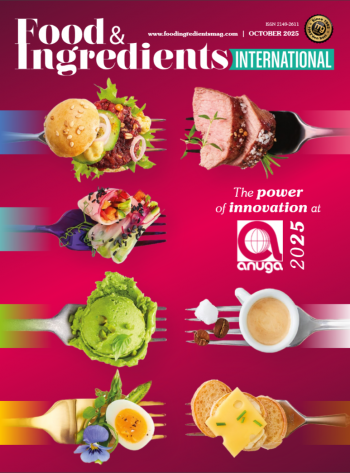Functional food refers to food with specific nutritional and health functions, that is, food that is suitable for specific groups of people has the ability to regulate body functions, and is not for the purpose of treatment. Functional foods are also sometimes called nutraceutical foods.
Functional food requirements
Functional food must meet the following four requirements:
1. Non-toxic and harmless, meeting proper nutritional requirements.
2. Its function must be clear, specific, and affirmed by scientific verification. At the same time, its function cannot replace the normal dietary intake of the human body and the requirements for various essential nutrients.
3. Functional foods are developed and produced for specific groups of people who need to adjust certain aspects of body functions.
4. It is not intended for the treatment and cannot replace the therapeutic effect of drugs on patients.
The difference between functional food and medicine
The difference between functional food and medicine is mainly reflected in the following aspects:
1. Medicines are used to treat diseases, while functional foods are not for the purpose of treatment and cannot replace the therapeutic effect of drugs on patients.
2. Functional food should reach the basic non-toxic or non-toxic level in modern toxicology, and should not bring any toxic side effects within the normal intake range. As a medicine, a certain degree of toxicity and side effects are allowed.
3. Functional food does not require a doctor’s prescription, there is no dose limit, and it can be taken freely according to the normal needs of the body.

European Union Standard on functional food
European Union Large-scale research on functional foods in Europe started at the 1996 “Nice” conference. At that time, the European Branch of the International Life Science Society (ILSI) invited 50 experts from food companies and academia to France to discuss “the scientific concept of functional food and the scientific basis for the application of functional ingredients”. Food functional research results in 6 aspects, including, behavioral and psychological functions, and fat metabolism functions. Due to the fruitful results of the meeting initiated by ILSI, in the following years, ILSI held several seminars on the theme of “functional food” and funded some related research topics, so as to promote the understanding and management of functional food in European countries. reached a consensus.
Although the term “functional food” is frequently used by food companies and consumers in Europe, it has not yet been clearly defined legally. In terms of management, “functional food” is a “grey area” that is neither food nor medicine. Many EU countries oppose the use of this concept on the grounds that “all foods have some function”.
Vancouver is one of the world’s largest producers of blueberries, raspberries, cranberries, cherries, and other berries, and the quality of the berries produced here is better than that of other places. VFD mainly develops and produces high-quality bioactive proteins, natural zero-additive foods, natural functional foods, natural health functional products, and corresponding high-tech products.



















